Centre Advisory Committee
Our Centre Advisory Committee oversees the Centre’s overall strategic direction. Its membership comprises an independent Chair and up to six committee members representing academia and industry all with expertise in the relevant science along with a proven track record in technology transfer.
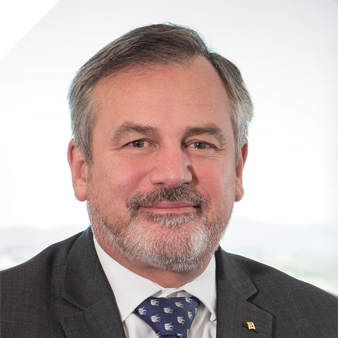
Dr Alex Zelinsky AO (Chair)
Alex is Australia’s Chief Defence Scientist and head of the Defence Science and Technology Group (formerly the Defence Science and Technology Organisation). Before joining Defence, Alex was Group Executive for Information Sciences at the CSIRO and Director of the organisation’s ICT Centre. Alex was CEO and co-founder of Seeing Machines, a high-technology company that develops computer vision systems. The company was a start-up from the Australian National University in Canberra, where Alex was Professor of Systems Engineering. Seeing Machines is now listed on the London Stock Exchange. Previously, Alex was a robotics and computer vision researcher at the AIST Electrotechnical Laboratory in Japan. He also taught and conducted research, in computer science at the University of Wollongong. Alex has extensive experience in advising Australian federal and state governments, including as a member of the Australian Government’s Defence Industry Innovation Board. Alex is a Fellow of the Institute of Electrical and Electronics Engineers, the Australian Academy of Technological Sciences, Engineers Australia, and the Australian Institute of Company Directors. In 2013, he was awarded the Trevor Pearcey Medal, the ICT industry’s premier prize for lifetime achievement in the profession. In 2015 Alex received Engineers Australia’s MA Sargent Medal, the most prestigious award made by the College of Electrical Engineers. Alex was appointed an Officer of the Order of Australia (AO) in the 2017 Queen’s Birthday Honours “for distinguished service to defence science and technology, to systems engineering, and to education as an academic and researcher.”
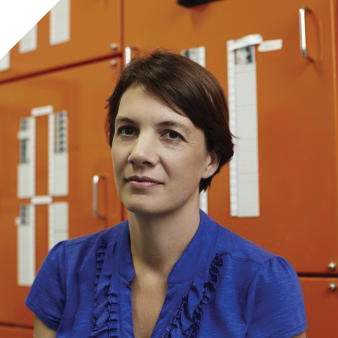
Scientia Professor Michelle Simmons
Michelle is an ARC Laureate Fellow and Director of the highly successful Centre of Excellence for Quantum Computation and Communication Technology and 2018 Australian of the Year. She has pioneered unique technologies internationally to build electronic devices in silicon at the atomic scale, including the world’s smallest transistor, the narrowest conducting wires, and the first transistor where a single atom controls its operation. Her work opens up the prospect of developing a silicon-based quantum computer, a powerful new form of computing with the potential to transform information processing. Michelle is one of a handful of researchers in Australia to have twice received a Federation Fellowship and a Laureate Fellowship, the Australian Research Council’s most prestigious award of this kind. She has won both the Pawsey Medal (2006) and Lyle Medal (2015) from the Australian Academy of Science, for outstanding research in physics and upon her appointment, was one of the youngest Fellows of this Academy. She was named Scientist of the Year by the New South Wales Government in 2012, and in 2014 became one of only a few Australians inducted into the American Academy of Arts and Sciences. In 2015, she was awarded the CSIRO Eureka Prize for Leadership in Science and, in 2016, the Foresight Institute Feynman Prize in Nanotechnology for her work in “the new field of atomic-electronics, which she created”. In 2017, Michelle was named L’Oréal-UNESCO Asia-Pacific Laureate in the Physical Sciences. She is Editor-in-Chief of the online journal, Nature Quantum Information.
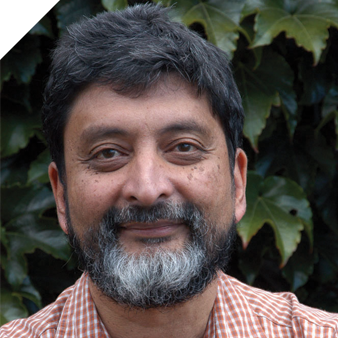
Professor Mandyam Srinivasan
Srinivasan’s (Srini’s) research focuses on the principles of visual processing, perception and cognition in simple natural systems, plus the application of these principles to machine vision and robotics. He is Professor of Visual Neuroscience at the Queensland Brain Institute and the School of Information Technology and Electrical Engineering, at The University of Queensland. Srini holds an undergraduate degree in Electrical Engineering from Bangalore University, a Master’s Degree in Electronics from the Indian Institute of Science, a PhD in Engineering and Applied Science from Yale University, a DSc in Neuroethology from the Australian National University and an Honorary Doctorate from the University of Zurich. Among his awards and honours are Fellowships of the Australian Academy of Science, the Royal Society of London, the Royal Institute of Navigation, and the Academy of Sciences for the Developing World, and Inaugural Federation Fellowship. He won Australian Prime Minister’s Science Prize in 2006, the UK Rank Prize for Optoelectronics in 2008, the Distinguished Alumni Award of the Indian Institute of Science in 2009. He was also awarded Membership of the Order of Australia (AM) in 2012, in 2014 he won the Queensland Science Championship plus the Harold Spencer-Jones Gold Medal of the Royal Institute of Navigation.
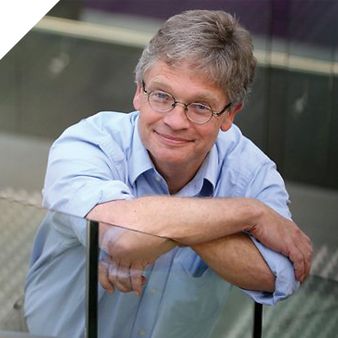
Professor Hugh Durrant-Whyte
Hugh is the Chief Scientific Advisor, Ministry of Defence, United Kingdom. He is on leave from his role as a Professor, and ARC Federation Fellow, at The University of Sydney. His research work focuses on robotics and distributed sensor networks, having published over 350 papers. His work with industry includes major robotics and automation projects in cargo handling, surface and underground mining, defence, unmanned flight vehicles and autonomous sub-sea vehicles. He has won numerous awards and prizes for his work including the ATSE Clunies Ross Award, IFR/IEEE Invention and Entrepreneurship Award, the NSW Pearcey Award and four IEEE Best Paper prizes. He was named Professional Engineer of the year (2008) by the Institute of Engineers Australia Sydney Division and NSW Scientist of the Year (2010). He was an IEEE Robotics and Automation Society Distinguished Lecturer (2006-2010). He is a Fellow of the Academy of Technological Sciences and Engineering (FTSE), a Fellow of the Institute of Electrical and Electronic Engineers (FIEEE), a Fellow of the Australian Academy of Science (FAA), a Fellow of the Royal Society (FRS). He served as the Chief Executive Officer of National ICT Australia Limited (NICTA) from December 2010 to November 2014. He was awarded the MA Sargent Medal in 2017.
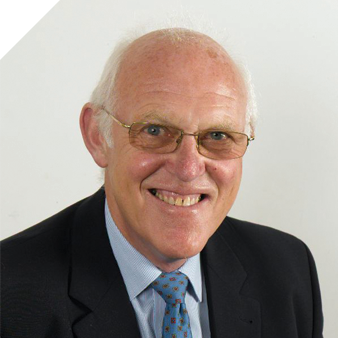
Sir Michael Brady
Mike is Emeritus Professor of Oncological Imaging in the Department of Oncology at the University of Oxford, having retired from his Professorship in Information Engineering after 25 years. Prior to joining Oxford, he was Senior Research Scientist in the Artificial Intelligence Laboratory at the Massachusetts Institute of Technology (MIT), where he was one of the founders of the Robotics Laboratory. Mike is a Fellow of the Royal Society, the Royal Academy of Engineering, the Academy of Medical Sciences, the Institute of Physics and the British Computer Society. He is also an Honorary Fellow of the Institution of Engineering and Technology. In 2000, he was awarded the Institution of Engineering and Technology Faraday Medal and the IEEE Third Millennium Medal for the UK, the Henry Dale Prize by the Royal Institution in 2005 and the Whittle Medal by the Royal Academy of Engineering in 2010. He was knighted in the 2004 New Year’s honours list for his services to engineering.
